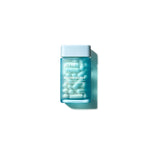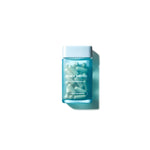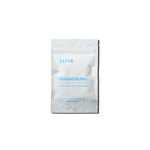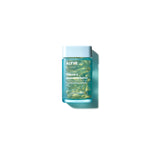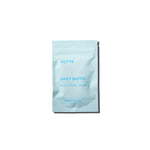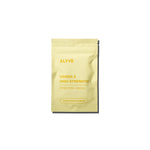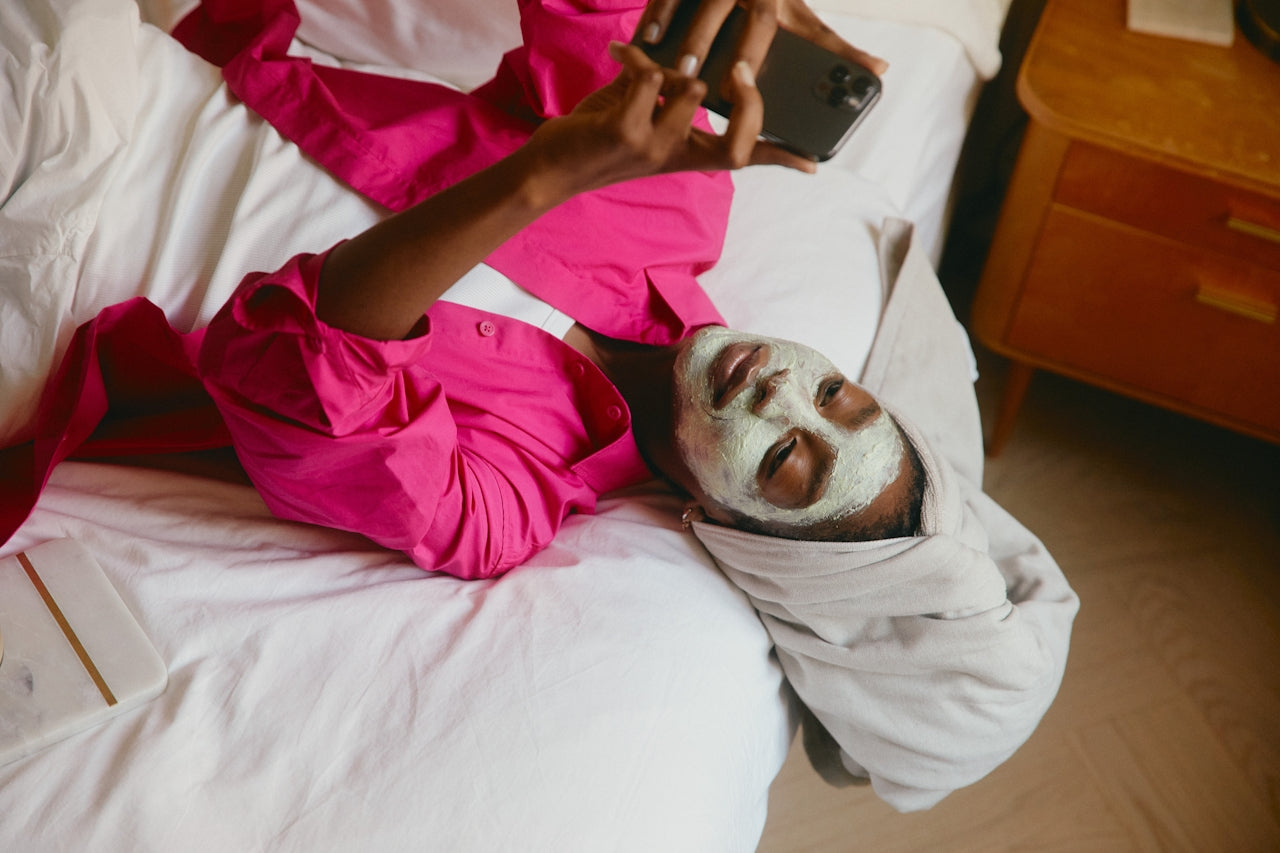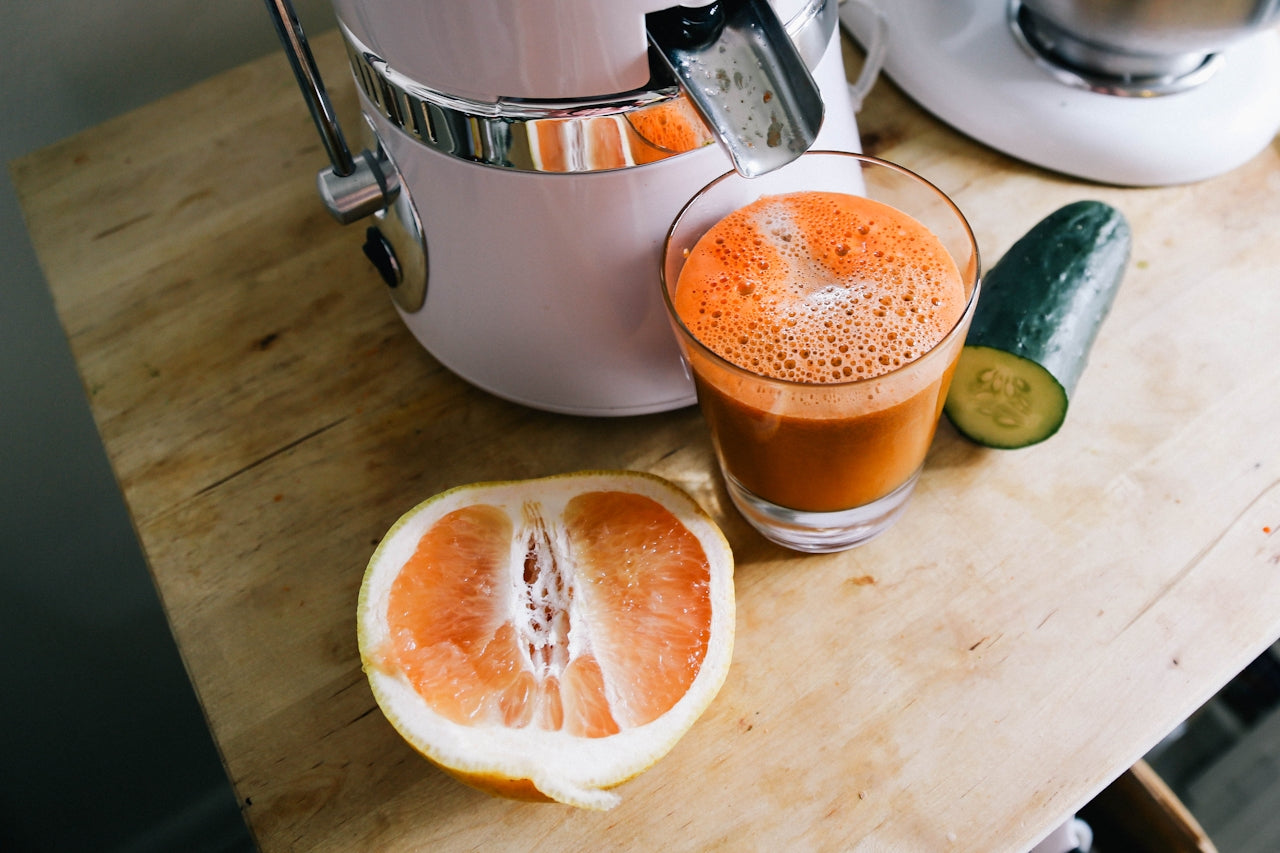How Smoking and Diet Impact Your Skin Health
In today’s world, where beauty and health standards are inexorably linked, understanding the impact of our lifestyles on our skin is crucial. Everyone knows smoking and poor diet can hinder health, but not many might grasp just how directly these factors can mar skin health. This blog dives into the interplay between smoking, diet, and the condition of your skin, providing insights backed by scientific research to help you make informed decisions for better skin and overall health.
1. The Impact of Smoking on Skin Health
2. Dietary Influences on Skin Health
3. Combating Poor Skin through Lifestyle Choices
The Impact of Smoking on Skin Health
Smoking is notorious for its detrimental health effects, affecting nearly every organ in the body, including the skin. Cigarette smoke contains a cocktail of over 7,000 chemicals, many of which are toxic and can damage the skin. Chemicals in tobacco smoke contribute to the breakdown of collagen and elastin, two critical components that give skin its elasticity and firmness. This leads to premature wrinkles and a noticeable loss of skin vitality.
Accelerated Aging
Nicotine, a primary component of cigarette smoke, narrows blood vessels in the outer layers of the skin. This impairs blood flow and reduces the oxygen and nutrients that can reach the skin. The result is often an aged appearance, with skin that looks leathery and less resilient. The iconic ‘smoker’s face,’ characterized by deep lines and a sallow complexion, starkly illustrates how smoking accelerates skin aging.
Poor Wound Healing
Smokers also experience slower wound healing compared to non-smokers. The reduced blood flow compromises skin’s ability to repair itself, increasing the risk of infection, scarring, and prolonged healing times. Research has consistently shown that smokers have a higher risk of surgical wound complications and other skin disorders.
Dietary Influences on Skin Health
Just as smoking can drastically affect skin health, so can the diet. Your skin is often a reflection of your internal health, and the nutrients you consume play a vital role in maintaining skin vitality.
The Role of Nutrients
A balanced diet rich in vitamins, minerals, and antioxidants can promote skin health and stave off damage. Vitamins C and E are particularly potent antioxidants that help combat skin damage by neutralising free radicals - unstable molecules that can harm cells. Omega-3 fatty acids, found abundantly in fish like salmon, play a pivotal role in maintaining skin integrity, reducing inflammation, and even potentially warding off acne.
Sugars and High Glycemic Diets
Conversely, diets high in sugars and refined carbohydrates can exacerbate skin conditions. These foods prompt your body to produce more insulin, leading to an increase in sebum production and potential worsening of skin conditions like acne. There is a significant relationship between high glycemic load diets and acne severity.
Combating Poor Skin through Lifestyle Choices
Improving skin health isn’t just about avoiding negative factors; it’s also about embracing positive lifestyle changes.
1. Quit Smoking
One of the most significant steps you can take is to quit smoking. Not only will this improve your overall health, but it will also aid your skin’s ability to regenerate and heal.
2. Opt for a Balanced Diet
Incorporating a skin-friendly diet can do wonders. Focus on a rich variety of vegetables, fruits, proteins, and fats that contribute to robust health. Supplements, like zinc and vitamins A, C, and E, may also be beneficial, but it’s best to get most of your nutrients from whole foods.
3. Stay Hydrated
Lastly, maintaining adequate hydration is crucial. Water plays a key role in keeping your skin moisturised and flushing out toxins.
Conclusion
Both smoking and poor dietary habits can significantly impair skin health, leading to accelerated ageing, worsened skin conditions, and impaired healing. By understanding and adjusting these aspects of your lifestyle, you can promote better skin health, complementing your overall wellbeing. Embrace these changes not just for the sake of appearance but for your body’s holistic health. Remember, the best changes often start with a decision to take better care of yourself.
